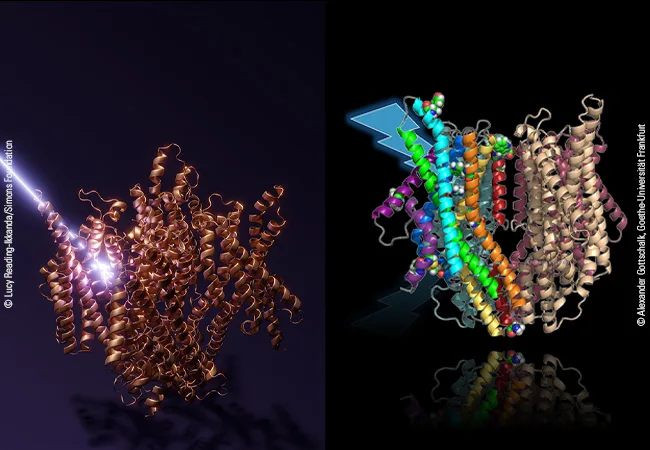
An escape signal for the nematode: Artificial intelligence helps elucidate structure of a novel light sensor
The small Caenorhabditis elegans nematode avoids light. While it does not have eyes, some of its cells contain a protein

The small Caenorhabditis elegans nematode avoids light. While it does not have eyes, some of its cells contain a protein

Frankfurt Cancer Institute (FCI) hosts specialist lecture at Georg Speyer Haus Institute for Tumor Biology and Experimental Therapy Microbes make
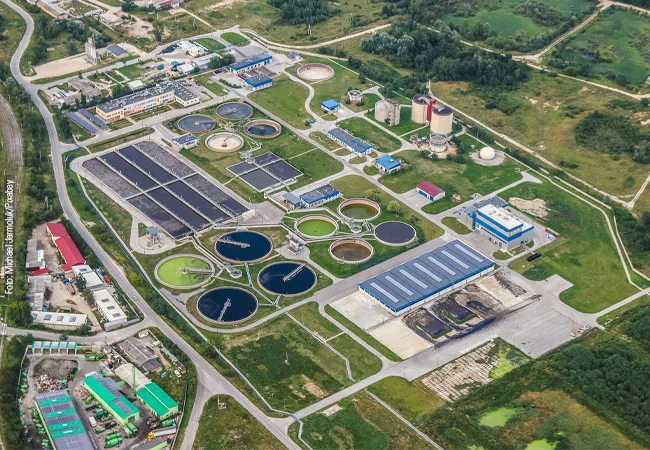
Wastewater treatment plants are undoubtedly a great achievement. After all, they have made a significant contribution to improving the quality

Goethe University Frankfurt is applying for the upcoming round of the German federal and state governments’ Excellence Strategy with four
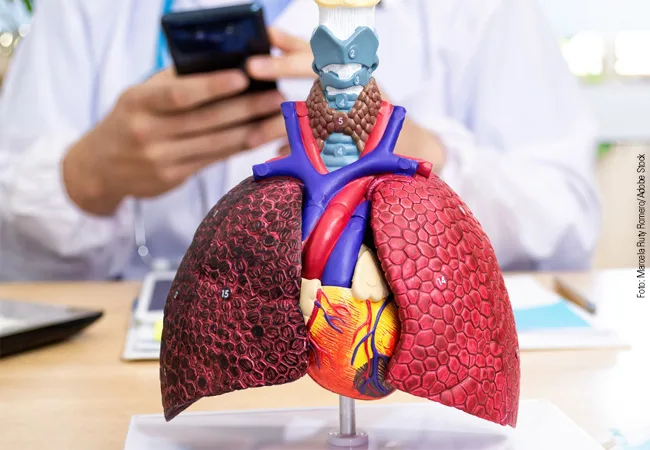
Heart and lung diseases are one of the leading causes of death worldwide. The Cardio-Pulmonary Institute (CPI) is dedicated to

The name of the cluster initiative SCALE stands for „SubCellular Architecture of LifE“. The project is entering the German federal
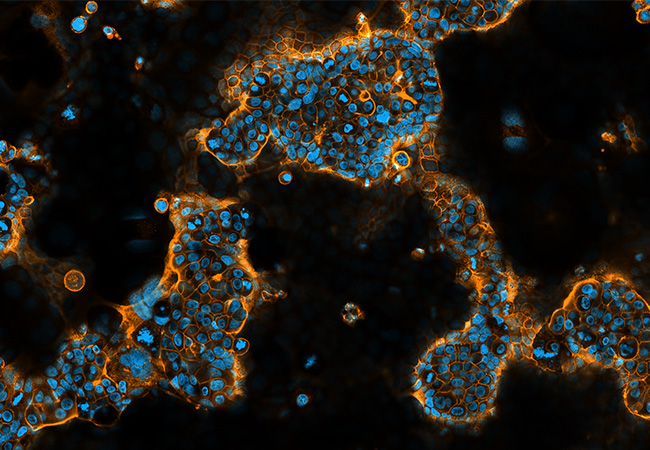
Developing new therapeutic approaches for complex diseases: The EMTHERA initiative is applying to become a Cluster of Excellence. The so-called

Award recognizes work in the field of environmental and socio-ecological sustainability research at Goethe University Frankfurt. This year’s „Frankfurter Preis
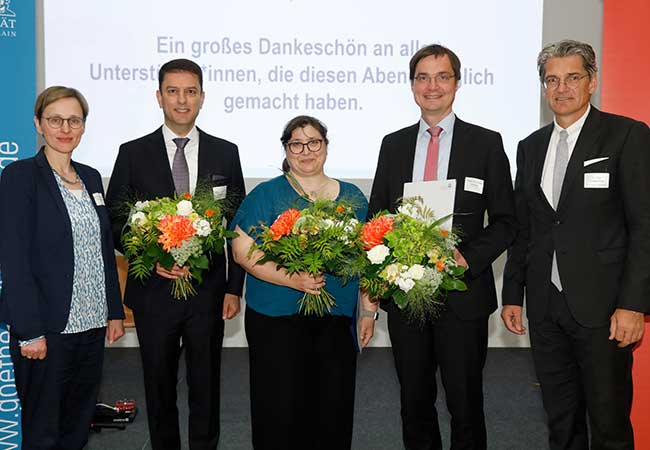
This year’s winners of the 1822 University Prize for Excellent Teaching are dentist PD Dr. Puria Parvini; Dr. Bianca Bertulat,
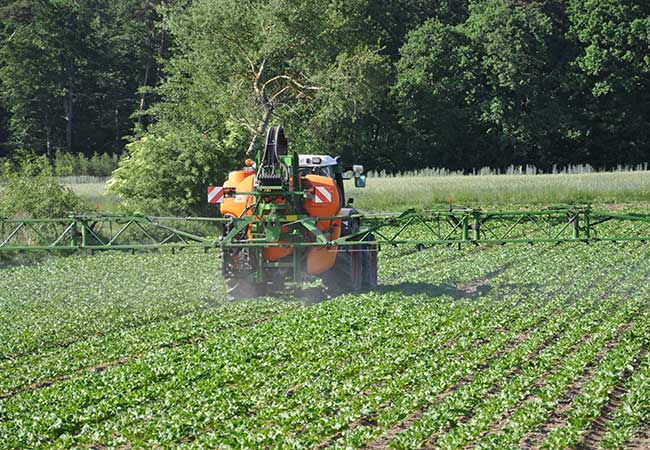
Science does not take a deep enough look at chemicals in the environment as one of the causes of the
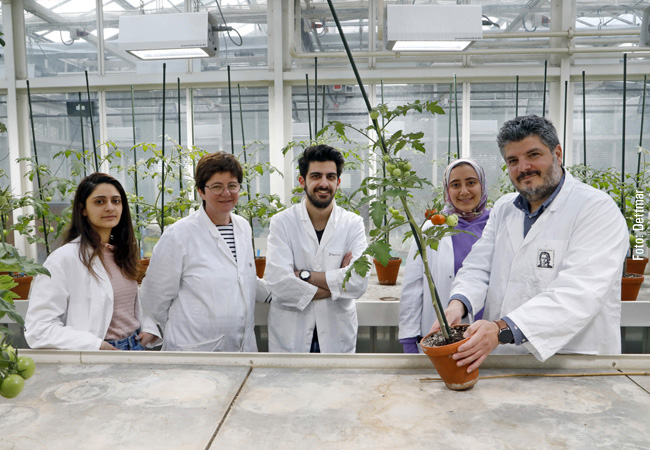
Molecular biologist Sotirios Fragkostefanakis researches epigenetic procedures to develop food plants. Agriculture has benefited greatly from the science of genetics,
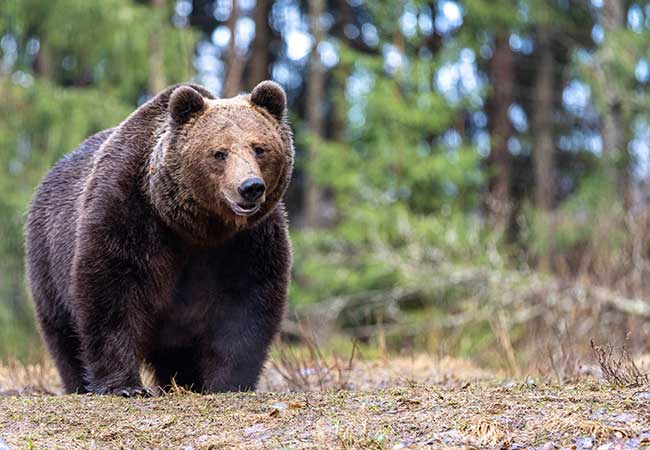
Brown bears are among the largest land-dwelling carnivores in the world. They are characterised by a muscular hump over their
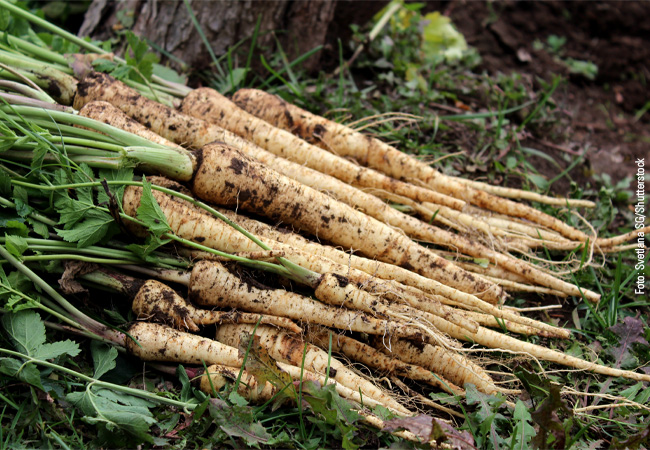
Prof. Karin Böhning-Gaese is a professor at Goethe University Frankfurt. In 2010 she became Director of the city’s Senckenberg Biodiversity
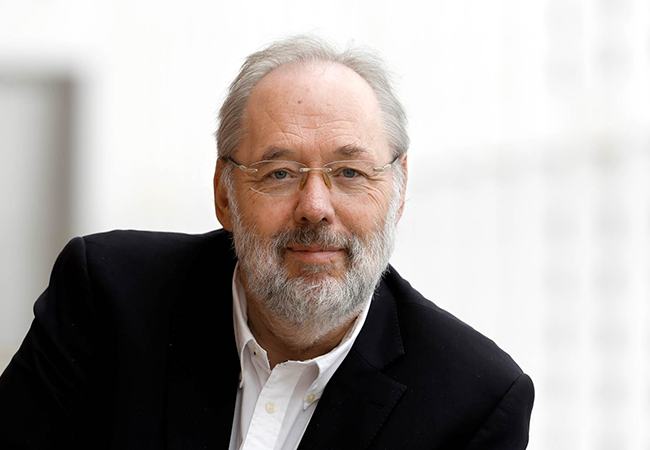
Prof. Volker Müller, a microbiologist at Goethe University Frankfurt, is one of three Germans and a total of 65 scientists
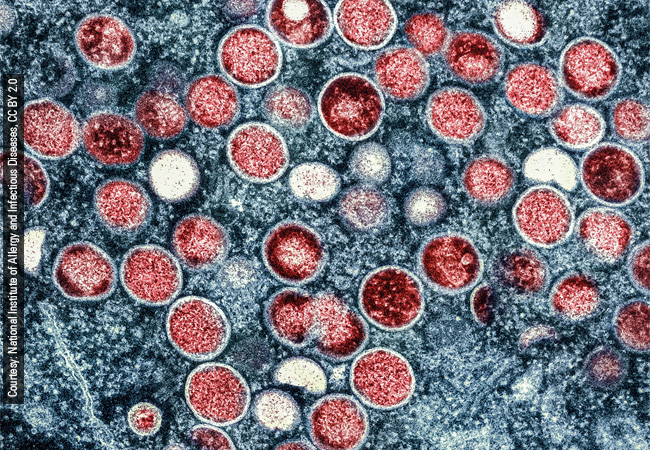
The three antiviral drugs commonly used to treat mpox viruses (monkeypox viruses) are also effective against the viruses from the
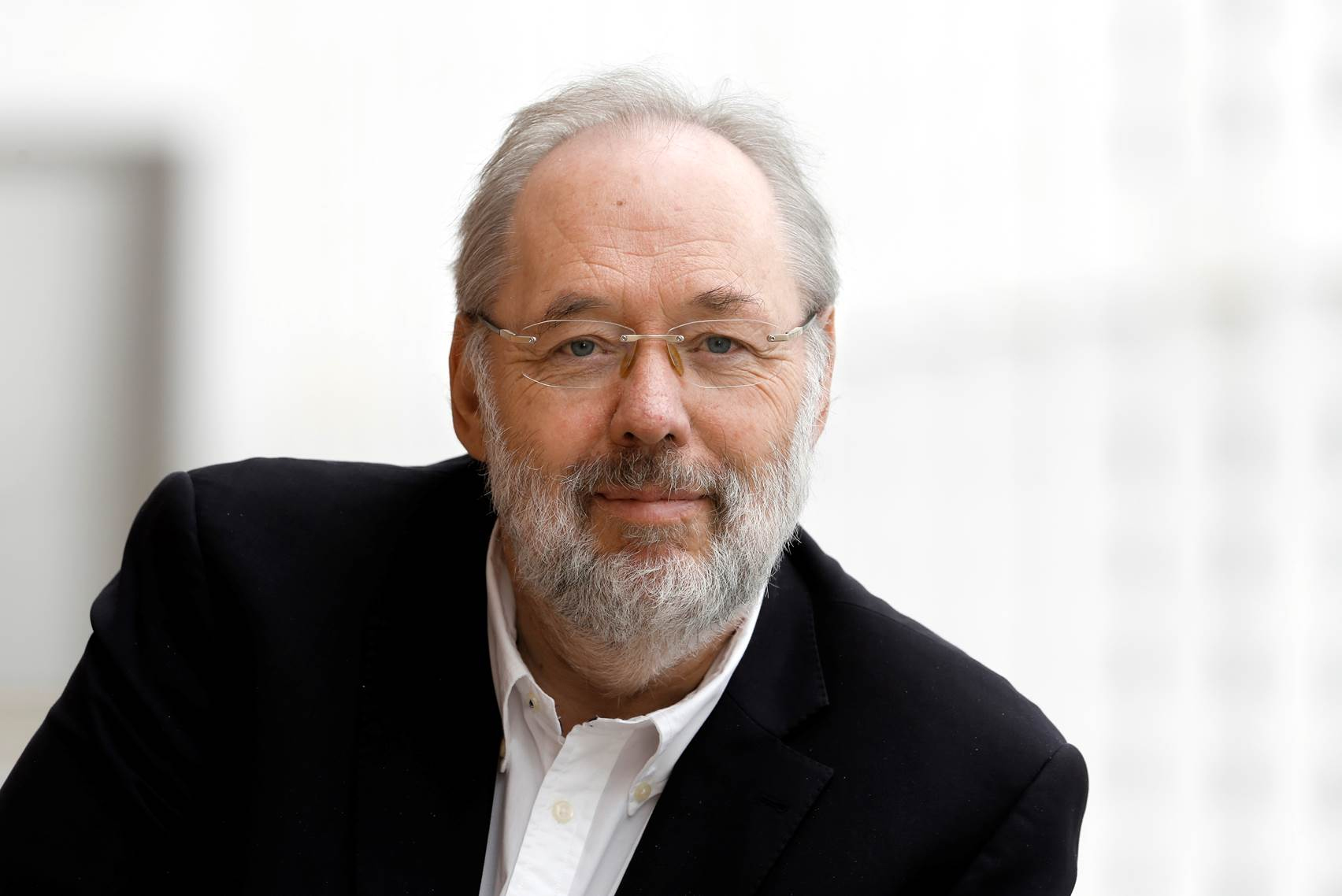
Acetic acid-producing bacteria (acetogens) are very interesting for the biotech industry: They fix the climate gas CO2 and at the
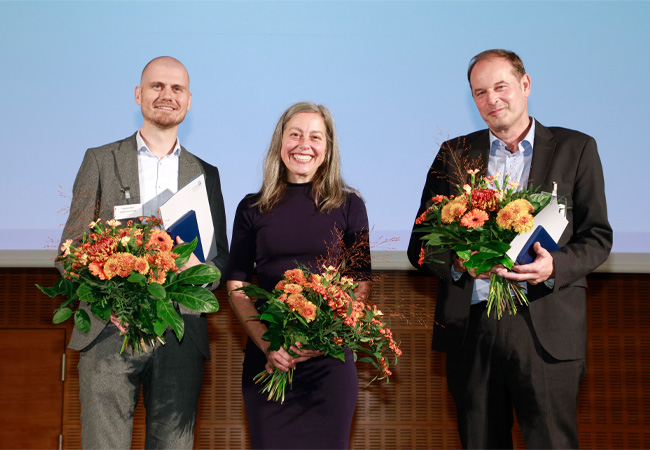
The 1822 University Prize for Excellence in Teaching was presented at Goethe University Frankfurt for the 21st time. A Spanish
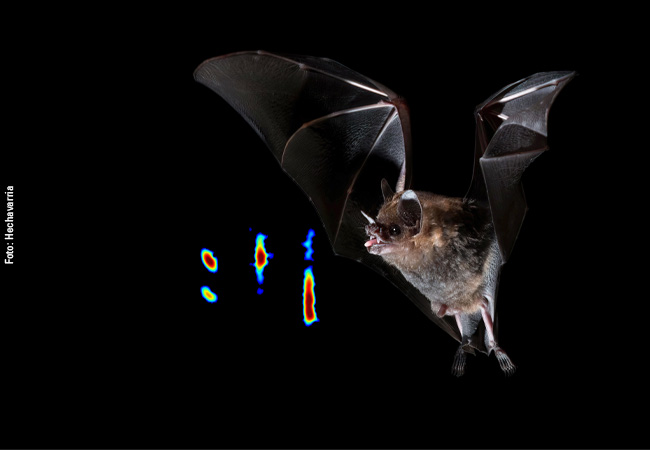
Bats famously have an ultrasonic navigation system: they use their extremely sensitive hearing to orient themselves by emitting ultrasonic sounds

Environmental students from countries with lower prosperity indicators rate the 17 Sustainable Development Goals of the United Nations as more
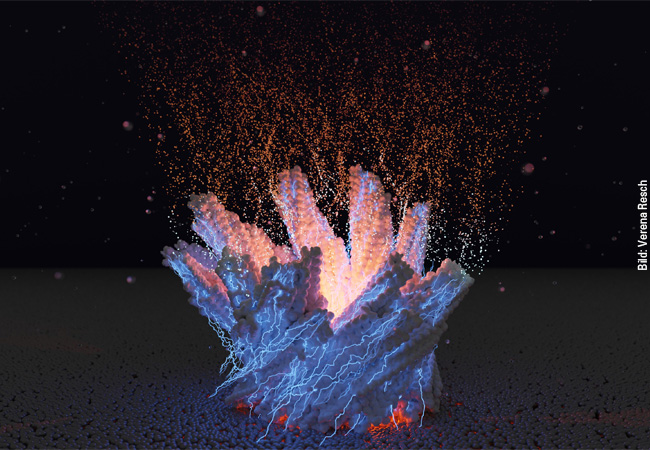
Microbiologists at Goethe University Frankfurt, together with researchers from Marburg and Basel, have shed light on the structure of an
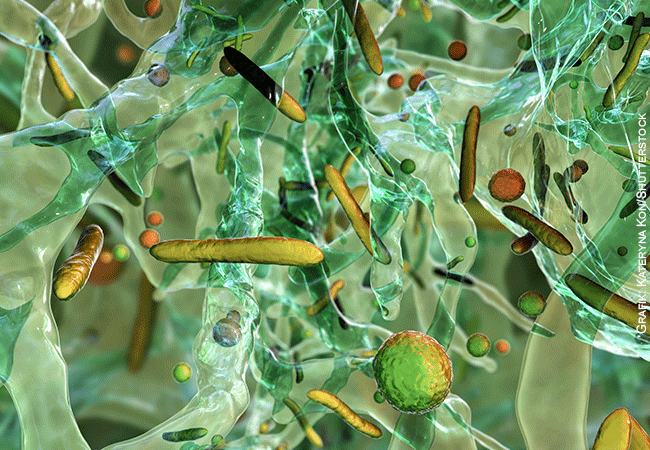
Hospital-acquired infections (HAIs) are often particularly difficult to treat because the pathogens have developed resistance to common antibiotics. The bacterium

A team of microbiologists from Goethe University Frankfurt has succeeded in using bacteria for the controlled storage and release of
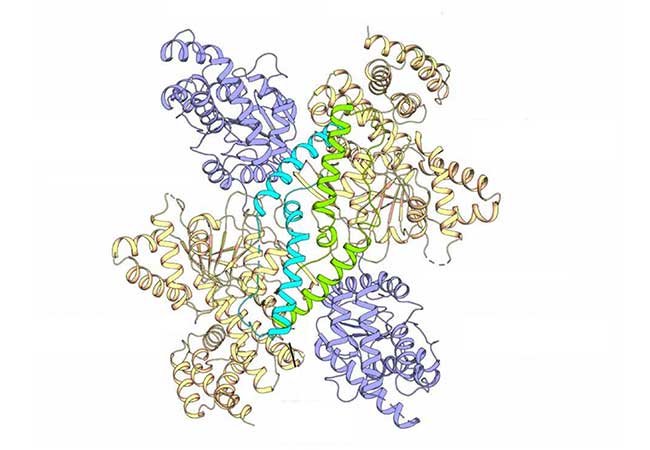
A team from Research Unit 2251 of the German Research Foundation led by Goethe University has shed light on the
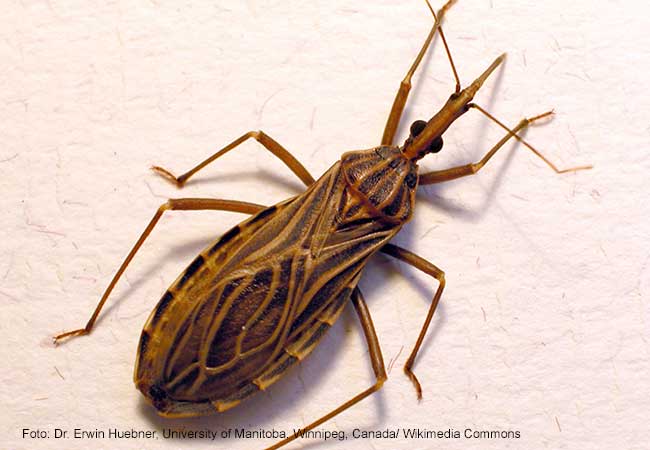
In Central and South America, predatory blood-sucking bugs transmit the causative agent of the widely prevalent Chagas disease. As the
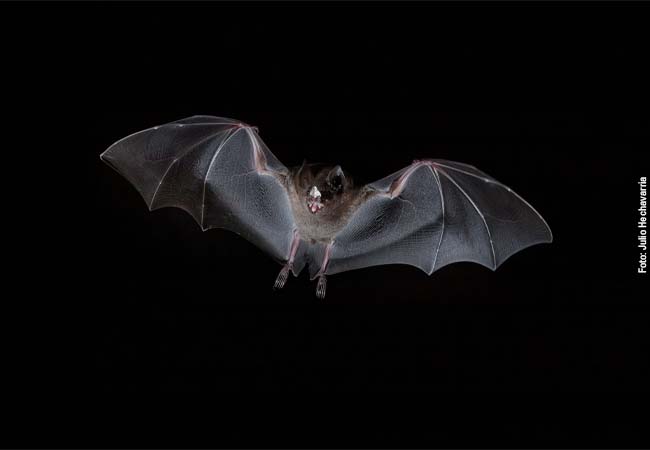
Whenever bats use echolocation when foraging for food or to communicate with other bats: sounds are omnipresent. How Seba’s short-tailed
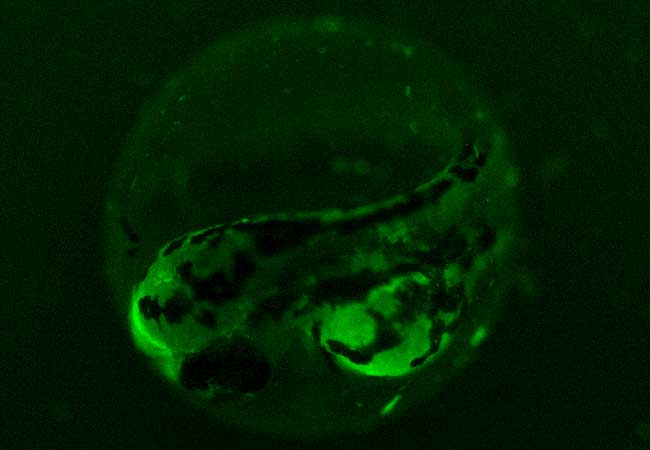
With the early assessment of sustainable, newly developed chemicals and products it is possible to assess a potential risk of
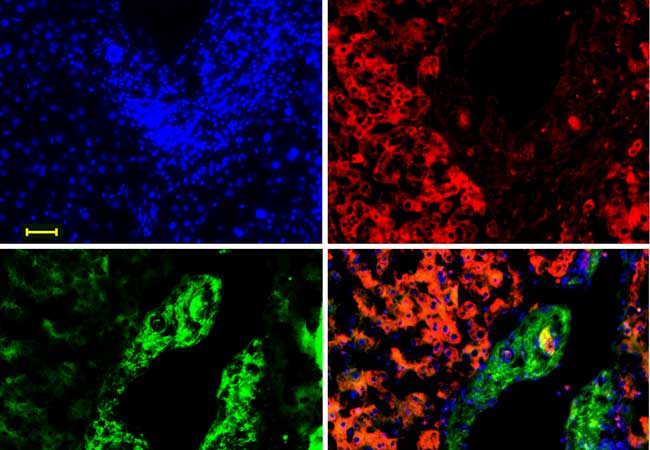
Transforming Growth Factor beta (TGF-β) is a signalling protein whose dysregulation can cause developmental disorders and cancer. Dr Xinlai Cheng
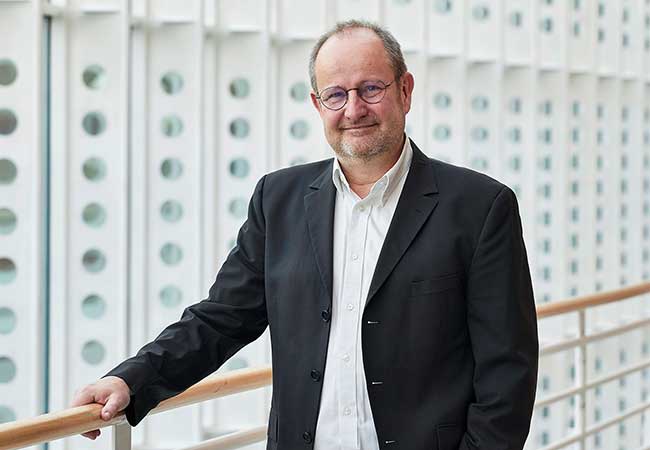
Instruct-ERIC has appointed Professor Harald Schwalbe as its new Director, succeeding Professor Sir David Stuart in the role. Integrated structural
You cannot copy content of this page